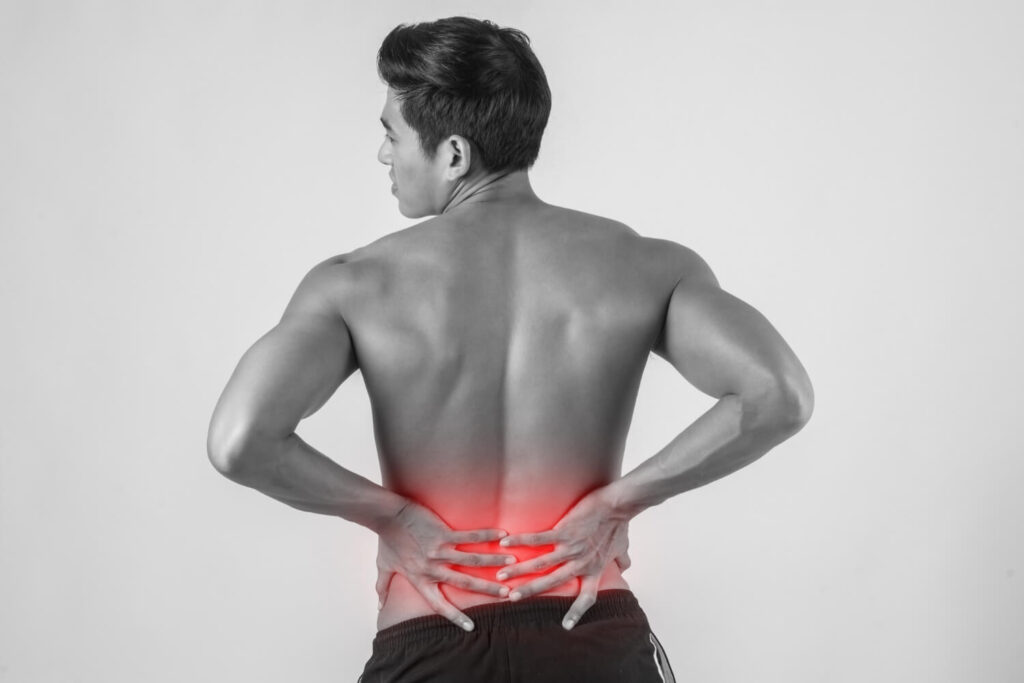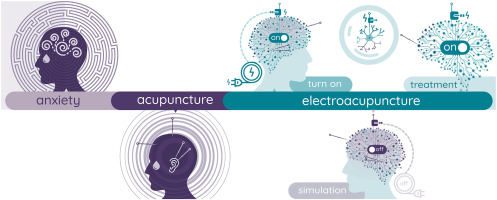Scientific Research
During the past decade, our team of expert providers has devoted extensive time and effort to researching the effectiveness of acupuncture therapy in treating pain, anxiety, stomach disorders, and neuropathy, and in cancer-treatment support. The evidence surrounding acupuncture shows that it consistently produces notable results, leading to improved clinical outcomes and faster recovery times for our patients. We provide the articles below as examples of the science surrounding acupuncture and encourage you to seek out additional articles and bring us any questions you have. These articles are presented for informational purposes and do not constitute endorsements of Blue Meridian by any person or entity.




